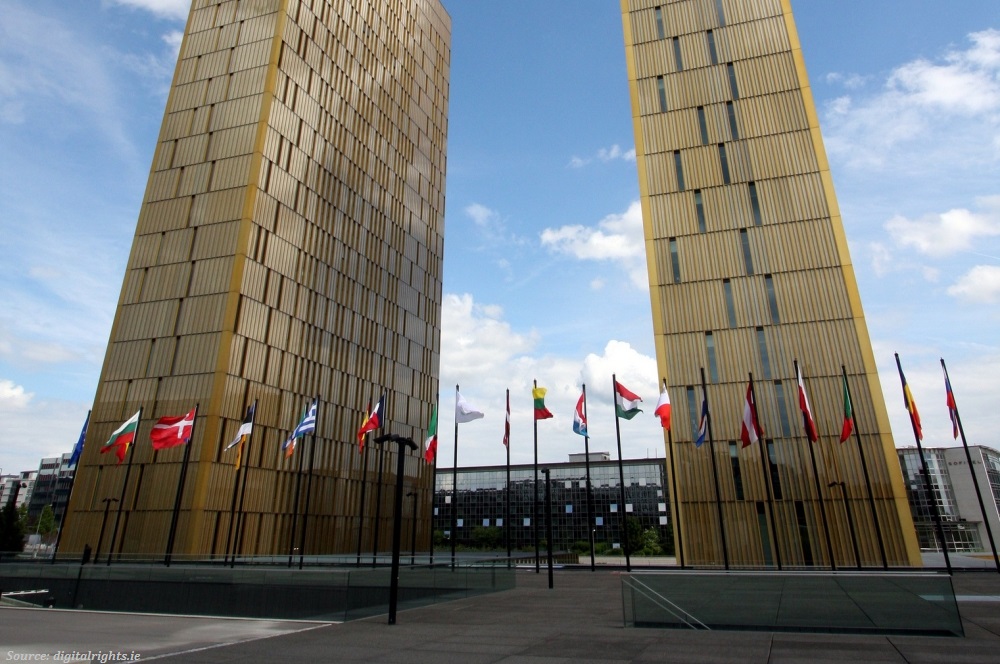On 20 October, the Court of Justice of the EU gave a judgment in O.T.E v Staatssecretaris van Justitie en Veiligheid (case C-66/21). The case concerned a Nigerian national who applied for asylum in the Netherlands after several applications in Italy and who reported being a victim of human trafficking. The Dutch Court requested the CJEU to clarify the interpretation of Article 6 of Directive 2004/81/EC (Directive on the residence permit issued to third-country nationals who are victims of trafficking), in particular on the reflection period before the expulsion and on the nature of the expulsion to another MS.
The Court noted that MS must grant the reflection period to third-country nationals and that during this time the expulsion is prohibited. Such measures aim at allowing victims of human trafficking to recover and escape the influence of the perpetrators of the offences so that they can take an informed decision as to whether to cooperate with the competent authorities and that this is connected to the possibility of issuing a residence permit in circumstances of cooperation with the authorities. The Court found no reason to rule otherwise and held that this reflection period is compatible with an application of international protection, without prejudice to the additional safeguards guaranteed for asylum applicants.
Regarding the concept of expulsion in the Directive, the CJEU held it includes the transfer to another EU Member State under the Dublin III Regulation. The prohibition of expulsion has the dual objective of concentrating efforts on detecting and dismantling criminal networks, while safeguarding the rights of the victims of trafficking in human beings, in particular by allowing those victims, for a certain period of time, to reflect on the possibility of cooperating with national law enforcement, prosecuting and judicial authorities in the fight against this crime. In the Court’s view, allowing a Dublin transfer to another state would jeopardize the support received by the victims and their potential cooperation with the authorities. In this line, the Court established that the execution of the expulsion (which can also be a Dublin transfer) and also the adoption of any preparatory actions that could endanger this dual objective is forbidden during the reflection period.

